Robots: The droids we are looking for
The robot revolution has yet to take off. Why? Roboticist Rodney Brooks thinks this is because we have to feel we need them in our lives.
In decades past, science fiction writers believed the homes and workplaces of the future would include teams of labour-saving robots who would perform most menial tasks.
Why has this robot revolution not happened? Rethink Robotics chairman and CTO Rodney Brooks says it’s because we need to actually want the robots designers are making – and too often they aren’t asking us.
The Australian-born Brooks says the key is listening to what people want in their robot – and making them easier to interact with.
If you would like to comment on this video or anything else you have seen on Future, head over to our Facebook page or message us on Twitter.
Featured Video
How these colourful ecosystems could be the key to the future of medicine.
It is already ready showing the first signs of intelligence, says brain scientist and interenet entrepreneur Jeff Stibel.
How did the universe begin? How did life begin? And are we alone?
One of Britain’s most respected designers has reinvented everything from Kodak cameras to trains to the Anglepoise lamp. Here he talks about the challenges.
Image-maker Alexander Tsiaras shares a powerful medical visualization, showing human development from conception to birth and beyond.
All sales of meat have been banned and the last prison on Earth is about to close in the second of our news reports from the future.
An insider's view of some of the the extraordinary projects being worked on at the US military lab responsible for creating the internet.
Jill Bolte Taylor got a research opportunity few brain scientists would wish for: she had a massive stroke, and watched as her brain gradually shut down.
A behind the scenes look at the project to build a radical new airship that could soon criscross our skies.
How a telepresence robot helped a young patient experience life at home and in the classroom while confined to a hospital bed.
The most meaningless, dangerous phrase in genetics is “The gene for X,” says Steve Jones, because the more we learn about DNA the less important it seems.
From around the BBC
- The quietest place on EarthBBC TRAVEL
- The psychology of workout musicBBC FUTURE
- Boy 'lived as a robot' for two monthsBBC FUTURE
From around the web
- Clear Alaskan SkiesREDORBIT
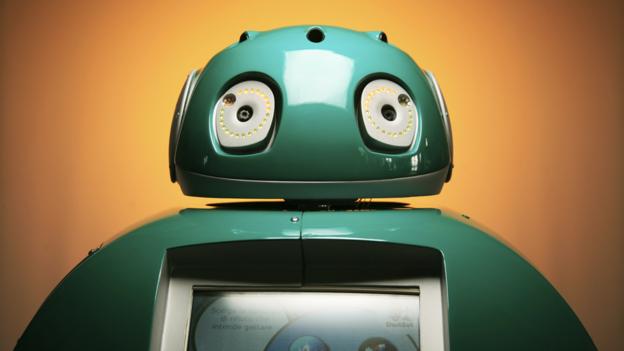


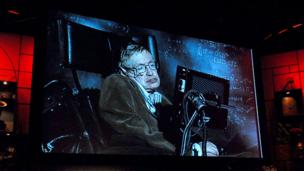



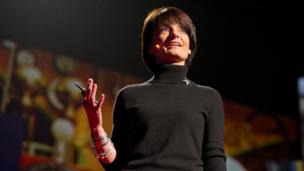
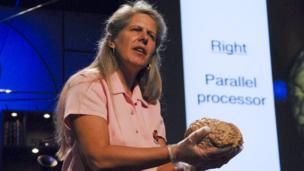

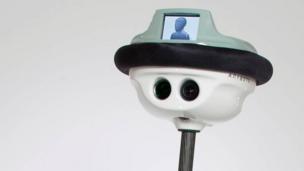





0 comments:
Post a Comment